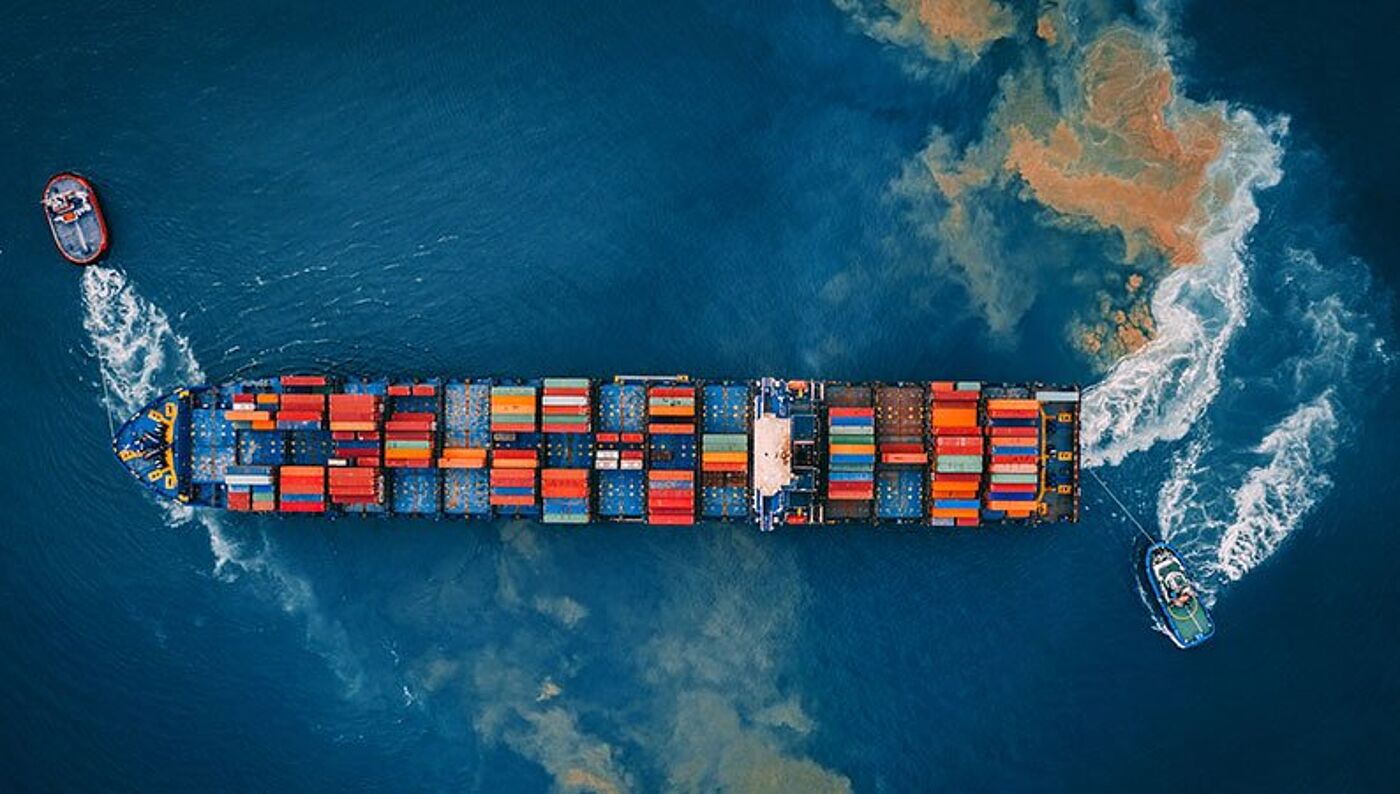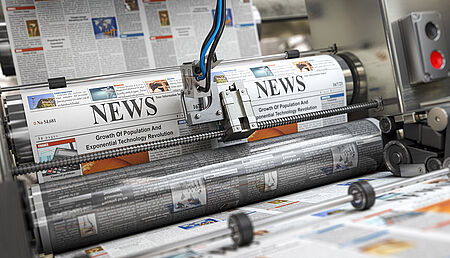
Facing supply chain concerns in the COVID-19 era
In late October, British financial research firm Moody's issued a report indicating that supply chain issues caused by the COVID-19 pandemic would result in rising consumer costs in hospital care. With many countries shifting to domestic manufacturing to counter the spread of coronavirus through international channels, medical supplies like personal protective equipment (PPE) and pharmaceuticals are expected to be more expensive to produce. Supply chain constraints during COVID-19 times are also likely to impact public construction projects and restrict new hospital builds, further affecting a sector that is already heavily burdened by the pandemic.
However, these supply chain issues also portend problems for Intellectual Property, especially trademark and brand owners. Counterfeits and knock-off products appearing on the market are always a problem for business owners holding IP rights, but supply chain disruptions give malevolent actors the opportunity they need to take advantage of unwitting consumers to make a tidy profit. Worse, the urgent need for PPE and other medical equipment during the pandemic makes hospital administrators and even individuals trying to stay safe in crowded places more susceptible to purchasing fake goods.
Despite the shift to domestic production discussed in the Moody's report, many countries continue to be a source of massive numbers of counterfeit products. In June, U.S. Customs and Border Patrol (CBP) announced that its agents seized more than 2,000 face masks with trademark-infringing designer logos for brands like Gucci and Chanel. The face coverings were shipped from locations in Vietnam and China to ports in New Orleans and Shreveport. These counterfeits show why it is crucial to properly police trademarks even during a pandemic.
Are you dealing with increased counterfeit concerns during the COVID-19 pandemic?

Illicit versus counterfeit goods
In some cases, counterfeit imports overlap with health concerns posed by illicit goods imported into a country in violation of medical or environmental regulations. In the early days of the COVID-19 shutdown, the government of South Africa banned the sale of tobacco and alcohol as a health measure. While South Africa already had an issue with illicit cigarette sales, a University of Cape Town study published in July showed that the ban drove about 93 percent of cigarette consumers to buy illicit cigarettes. Not only do these goods create problems for brand owners when infringing trademarks are used, but they are much more likely to pose health and safety concerns because they are made by bad actors who are not worried about following regulations. Similarly, this September, CBP agents seized a shipment from China that contained 500,000 counterfeit N95 masks, fake versions of the popular personal protective equipment (PPE) sold by various industrial supply firms. Tests showed that 10 percent of the masks seized in these shipments had filtration rates of less than 95 percent, putting anyone wearing them at a greater risk of contracting the coronavirus.

Some brand owners have looked to trademark law to find interesting solutions to the supply chain problems affecting consumers during the COVID-19 pandemic. Back in April, the multinational industrial firm 3M filed a lawsuit in New York federal district court against a supplier of 3M's N95 face mask respirators, a popular PPE option among healthcare workers during the pandemic. The lawsuit came in response to the supplier's price-gouging, including an alleged offer of N95 respirators to New York City's procurement office at markups of 500 percent to 600 percent of the N95's list price. While trademark exhaustion doctrine may ultimately limit 3M's ability to go after a downstream supplier with infringement, dilution and false advertising claims under the Lanham Act, it is clear that brand owners have an interest in protecting consumers along their supply chain by invoking trademark law.
Moreover, trademark and IP offices around the world have not only extended filing deadlines in response to business disruptions experienced during the COVID-19 pandemic, but they have also used trademark law as a tool in the fight against coronavirus. In June, the U.S. Patent and Trademark Office announced a prioritized examination program for trademark applications that seeks the registration of a mark for use in commerce on a qualifying COVID-19 medical product that has been approved for sale by the FDA. Accelerated service mark examination for medical and medical research services is also available through the program. The program intends to bring essential health products to the U.S. market more quickly. Many IP offices across the globe are doing everything they can to continue providing regular services while also responding to the concerns of the pandemic. The World Intellectual Property Organization (WIPO) maintains a COVID-19 Policy Tracker that gives information on IP-related coronavirus response efforts at national agencies and legislatures worldwide.
Still, the threat of counterfeits is the most salient concern for trademark owners during the pandemic, and it is a concern that was already growing in recent years. A 2019 status report on IP rights infringement by the European Union Intellectual Property Office (EUIPO) in partnership with the European Patent Office (EPO) showed that counterfeit sales as a volume of total world trade had increased from 2.5 percent in 2013 up to 3.3 percent in 2016. The report's estimates on counterfeits imported into the EU from the rest of the world also increased in 2016 to 6.8 percent of total EU imports, or €121 billion, up from 5 percent (€85 billion) in 2013. The last thing that trademark and brand owners need is more supply chain threats that counterfeiters can exploit for a profit.
Looking ahead
Some have suggested that governments could respond more effectively to the concerns of small business owners feeling the impact of both COVID-19 and counterfeits by passing legislation giving them more enforcement mechanisms to protect their brands. Despite existing counterfeit seizure tools at the CBP for taking hold of counterfeit products imported into the U.S., trademark owners who also have design patents could benefit from the Counterfeit Goods Seizure passage Act. If passed into law, this bill would allow CBP agents to enforce design patents registered with the agency. While trademarks and design patents are often used to protect similar forms of IP, many counterfeiters can get around CBP enforcement by importing fake goods and then applying counterfeit marks once the goods are past the border. With the additional design patent enforcement tool, many legitimate businesses could block infringing imports that would not otherwise be seized for trademark enforcement.

Continued reports from border enforcement agencies indicate that the knock-off problem is not getting better during the COVID-19 era. In early October, the CBP Mid-Atlantic office announced that it had seized nearly 60,000 face masks within the previous six weeks infringing on a variety of trademarks related to sports teams, cartoon characters, car manufacturers and more. Those face masks would have had a suggested retail value of more than $2.5 million if authentic.
If your company deals with increased counterfeit concerns during the COVID-19 pandemic, get in touch with our experts. They can help you better understand your enforcement options and IP management practices against the threat of knock-off competitors.

This month's news summary from across the intangible world exemplifies how the enduring nature of IP rights does not mean the status quo is fixed and rigid.



